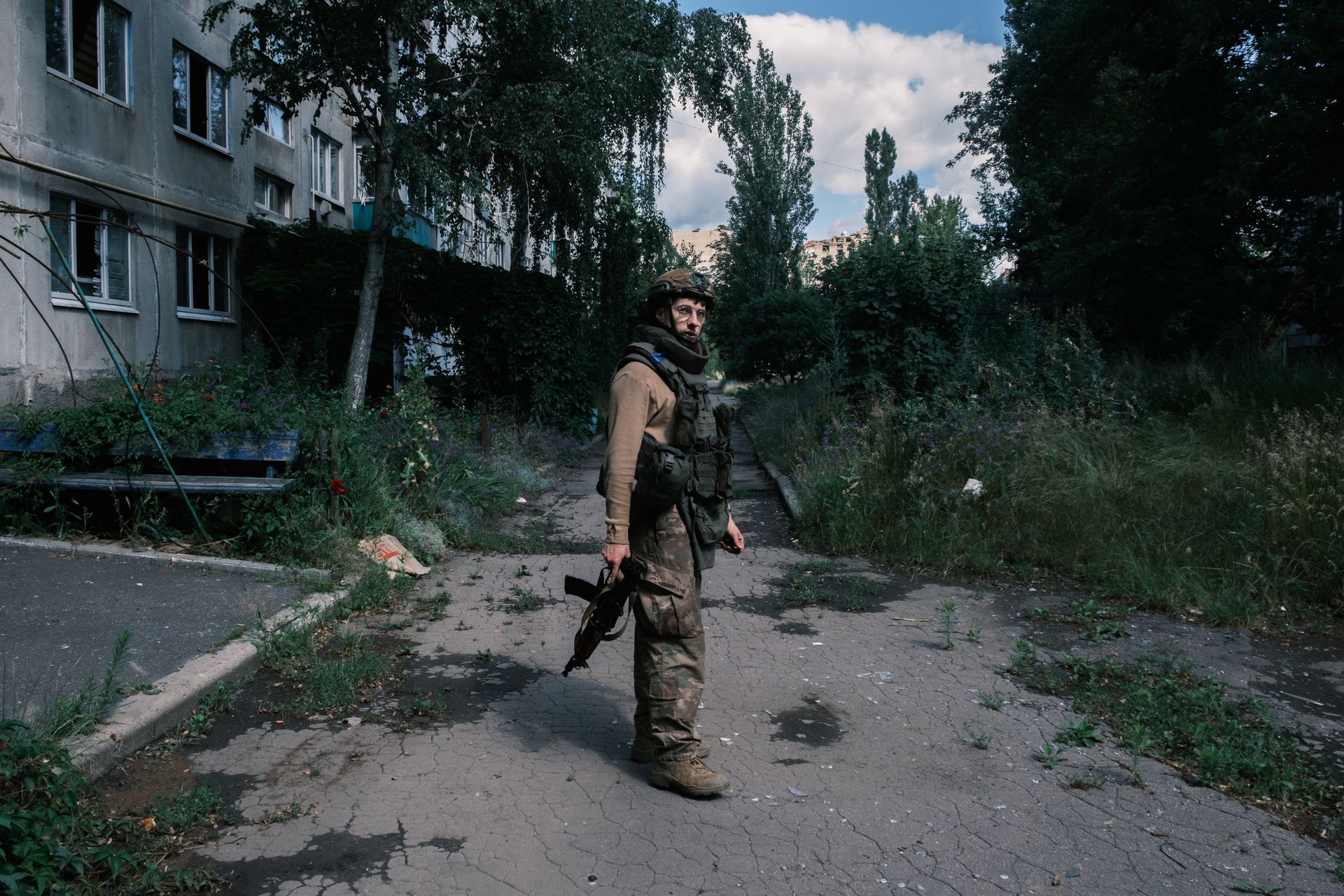EU agrees on 'one of its strongest' Russia sanctions packages after Slovakia lifts veto

Editor's note: The article was expanded with a statement by President Volodymyr Zelensky and with additional details provided by the EU.
European Union member states on July 18 agreed on the 18th package of sanctions imposed against Russia over its aggression against Ukraine.
"The EU just approved one of its strongest sanctions packages against Russia to date," Kaja Kallas, the bloc's top diplomat, said on X.
The EU has vowed to ramp up economic pressure on Russia as it continues to reject a ceasefire in Ukraine and intensifies aerial strikes against Ukrainian cities.
The package includes lowering the price cap on Russian oil from $60 to $47.6 per barrel. The cap was originally imposed by the G7 in late 2022 to curtail Russia's oil revenues without destabilizing global markets.
The sanctions further contain measures against 105 vessels of Russia's "shadow fleet" and their enablers, the Russian banking system, and a ban on the Nord Stream 1 and 2 gas pipelines running under the Baltic Sea.
Russian fossil fuel exports are a crucial part of the country's revenues, helping the Kremlin sustain its war against Ukraine.
"We are putting more pressure on Russia’s military industry, Chinese banks that enable sanctions evasion, and blocking tech exports used in drones," Kallas said.
For the first time, the EU is also sanctioning a flag registry and the Russian oil giant Rosneft's biggest Indian refinery. The bloc is further targeting "those indoctrinating Ukrainian children," the EU diplomat said.
Brussels is newly tightening restrictions on the import of Russian oil products via third-party countries and sanctioning an entity from the Russian liquefied natural gas (LNG) sector.
The bloc also ended an import ban exemption on Russian oil for Czechia, after the Central European country announced it had become independent of Russian supplies.

Overall, the 18th package targets 14 individuals and 41 entities engaged in the Russian defense, finance, and other sectors, bringing the total number of EU listings since the start of the full-scale Russian invasion to over 2,500.
"We welcome the EU's 18th sanctions package against Russia — the most comprehensive to date," Ukraine's Defense Minister Denys Shmyhal said. "Every measure chips away at the aggressor’s capacity to wage war."
President Volodymyr Zelensky called the decision "timely, especially now, as a response to the fact that Russia has intensified the brutality of the strikes on our cities and villages."
"We are promptly preparing the synchronization of European sanctions in Ukraine, and we are also preparing new sanctions decisions, both at the level of partners and within Ukrainian jurisdiction," he added.
The agreement follows Slovakia's announcement that it is ready to back the package after blocking it six times due to concerns over the phase-out of Russian gas.
Slovak Prime Minister Robert Fico, whose government has repeatedly aligned itself with Moscow's positions, said on July 17 that "negotiating options have been exhausted for now, and continuing our blocking position would now endanger our interests."
Fico noted the European Commission has given Slovakia, one of the EU countries that continues to be heavily dependent on Russian gas, written assurances concerning the planned phase-out of Russian gas to gain the country's support.












